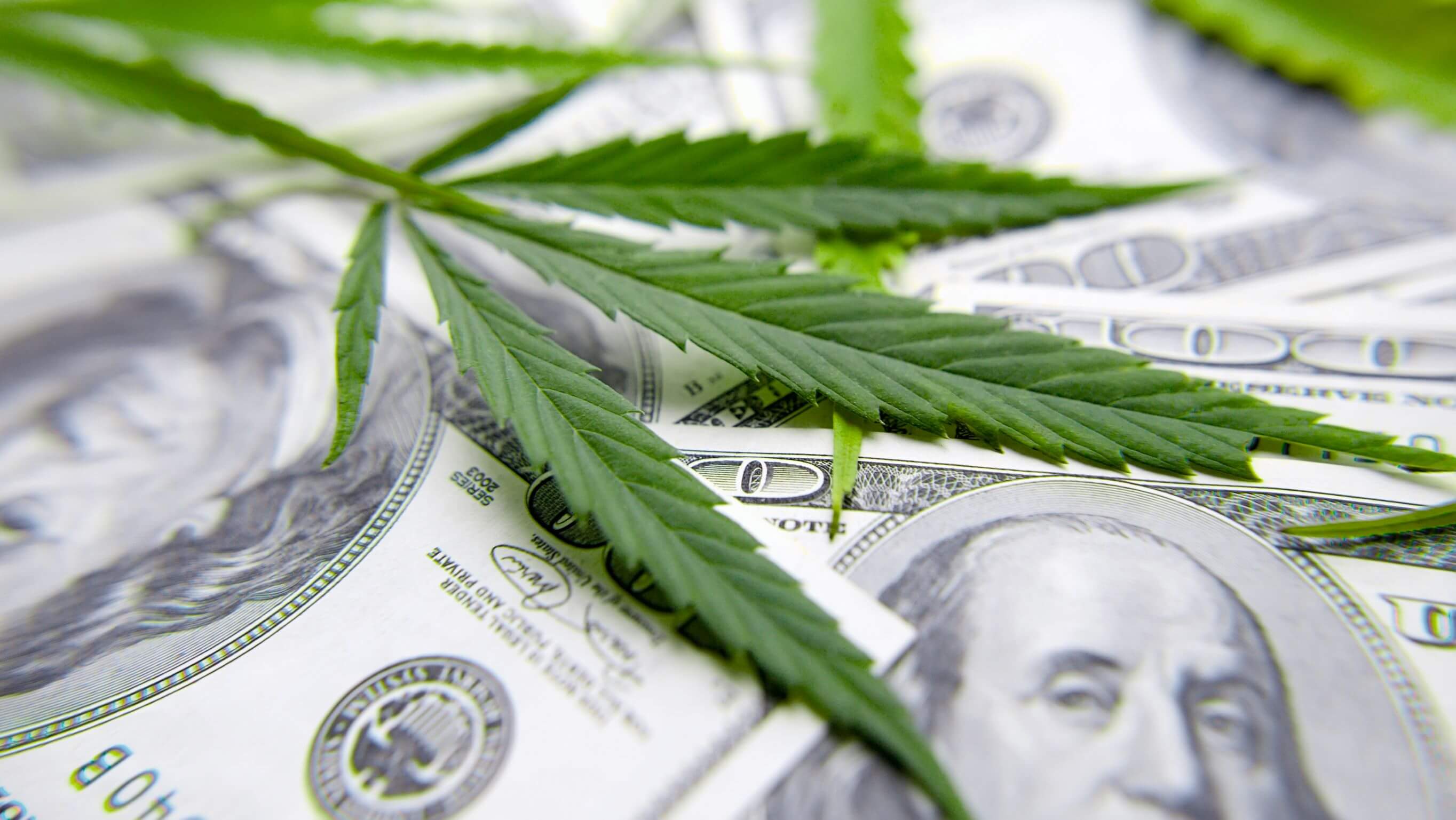Resources
Colorado state tax revenue from the legal cannabis industry surpassed $2 billion in January and the state has collected more than $88.7 million in fees.
In addition to state and local taxes and fees, cannabis businesses have an effective federal tax rate of about 70% – compared to about 26% for other businesses.
Did you know Colorado legal cannabis dispensary owners are unable to deduct normal business expenses like payroll and rent from their federal income taxes?
Marijuana has contributed over $320 Million dollars to Building Excellent Schools Today (B.E.S.T.), making up about 25% of the program's entire budget.
In FY 21-22 alone, nearly $15.3 million in state cannabis dollars went to state Affordable Housing Grant and Loans.
The Marijuana Tax Cash Fund collected $188.8 Million in FY 2021-22 alone.
In FY 21-22 alone, nearly $15 million in cannabis dollars went to the School Health Professional Grant program.
More than $15 million in cannabis dollars went to substance abuse treatment in FY 21-22.
More than $1.6 million cannabis dollars went to the Tony Grampsas Youth Services Program in FY 21-22.
Voters in 59 of 64 Colorado counties voted no on Proposition 119 sending a clear message against raising taxes on cannabis consumers.
Unlike other legalized substances, the marijuana industry has a 97% compliance rate for unauthorized sales.
Unlike alcohol, research has proven you can only get “so high.” Cannabinoid receptors in your brain eventually prevent the body from getting further intoxicated.
Did you know? Since legalization in 2005, teen use in Colorado has remained flat and is below the national average.
According to a recent poll by the Pew Research Center, more than 90% of Americans think cannabis use should be legal.
Did you know? MIG represents more than 400 cannabis business licenses across the state.
A 2021 study found that medical cannabis use was associated with clinical improvements in pain, function, and quality of life with reductions in prescription drug use.
Founded in 2010, MIG is the oldest and largest trade association for licensed cannabis businesses.
Colorado’s marijuana model has become the example for all other regulated cannabis states, and MIG works directly with policy makers to ensure that Colorado’s program is fair, tightly regulated, safe, and successful.
Safe Sales: Every marijuana sale in CO takes place on camera and requires multiple ID checks.
All regulated marijuana in Colorado is tracked from “seed to sale,” with oversight from the Marijuana Enforcement Division.
Established in 2010, MIG has led legislation for child resistant packaging, customer safety resources, and purchase restrictions for 18-20 year olds.
Marijuana is taxed at both state and local levels. This year Aurora built a new $34 Million dollar rec center, fully funded by local marijuana taxes.
The marijuana industry suffers from unfair Federal tax rules, which means that MIG members’ effective tax rates are around 71%.
A 2019 study showed that crime does not increase with legalization.
Conditions for medical marijuana
Cancer - Glaucoma - HIV or AIDS - Cachexia - Persistent muscle spasms - Seizures - Severe nausea - Any condition for which a physician could prescribe an opioid - Autism Spectrum Disorder - Severe pain - PTSD
Most marijuana businesses have access to banks, but because marijuana is still federally illegal, businesses are unable to access merchant processing services such as VISA or Mastercard.
Consuming higher potency marijuana does not lead to higher levels of impairment.
-- Journal of the American Medical Association (JAMA) 2020
71% of Colorado voters favor marijuana legalization. This has increased 10 points in the last four years alone.
As kids head back to school, more than $580 million in cannabis dollars have been invested in Colorado schools
MIG Press Release

FOR IMMEDIATE RELEASE
DATE: Monday, September 18, 2023
CONTACT: Erin McCann Ciani
As kids head back to school, more than $580 million in cannabis dollars have been invested in Colorado schools
Cannabis Tax Revenue Contributed Nearly $56 million in FY 22-23, Down from Nearly $98 million in 21-23
DENVER, CO – As kids head back to school across Colorado, many will be attending brand new or greatly improved facilities paid for through the Building Excellent Schools Today (BEST) Program, which is supported with hundreds of millions in cannabis funding. Since legalization, Colorado cannabis dollars have contributed more than $580 million to Colorado school construction projects. Unfortunately, the contribution for Fiscal Year 22-23 is $56 million, down from nearly $98 million in the previous fiscal year.
As the cannabis industry continues to struggle across Colorado, the state has collected hundreds of millions less in revenue for programs that fund education, mental health and substance abuse treatment, public safety, and more. The most recent numbers released from the Colorado Department of Revenue (DOR) found that recreational sales were down 11.7% since July of 2022, with medical sales down 22.8%. State tax revenue collected in the month of August from cannabis sales is down 16.8% since August of 2022, meaning less funding for causes Coloradans care about.
Cannabis funding accounts for almost 30% of the entire BEST program’s budget. A minimum of $40 million of excise taxes collected on cannabis go to support the BEST program annually. Established in 2008, BEST provides grants to school districts, charter schools, boards of cooperative educational services, and other educational institutions to fund renovations and the construction of new schools. BEST grants are competitive, awarded annually, and in most cases must be supplemented with local district matching funds.
“Cannabis small business owners are proud to support Colorado kids and schools, but as state cannabis sales continue to fall, it impacts the state as a whole,” said Truman Bradley, Executive Director of the Marijuana Industry Group (MIG). “More than half a billion dollars has been invested so far to benefit communities across the state, and if that is going to continue, Colorado needs to look at new policies to streamline regulations while continuing to be protective of public safety.”
In Colorado, cannabis sales were down $460 million in 2022 compared with 2021, and this year sales are on pace to be even lower. According to the Vangst 2023 Jobs Report, Colorado lost 10,481 cannabis jobs last year. The cannabis industry in Colorado also has an exceptional 99% compliance rate for youth prevention, which is higher than any other highly regulated industry, in a state that has some of the most stringent regulations in the country.
You can see a breakdown of BEST Grants and cannabis funding by county here.
###
Additional Info
Media Contact : Erin McCann Ciani








